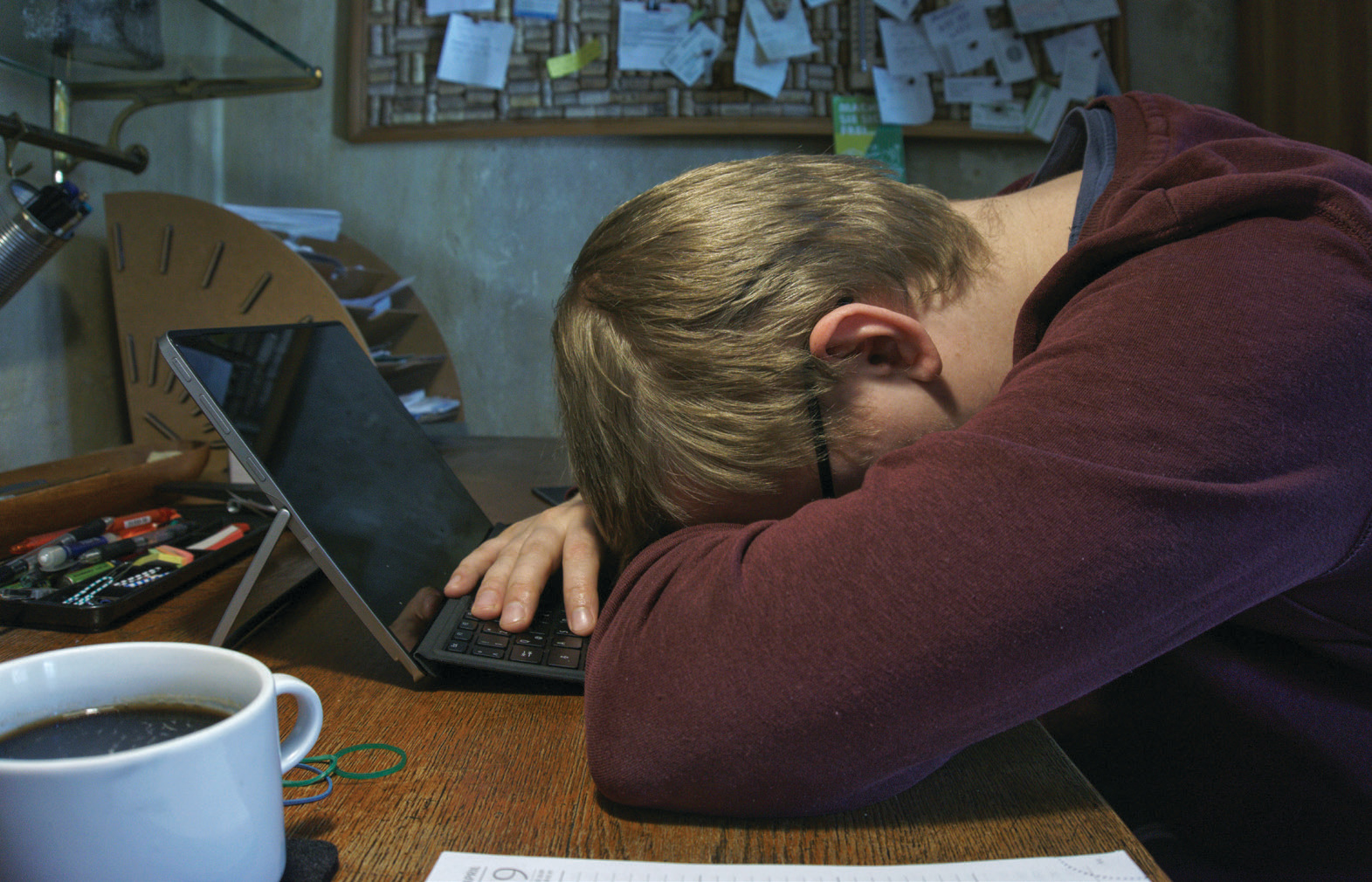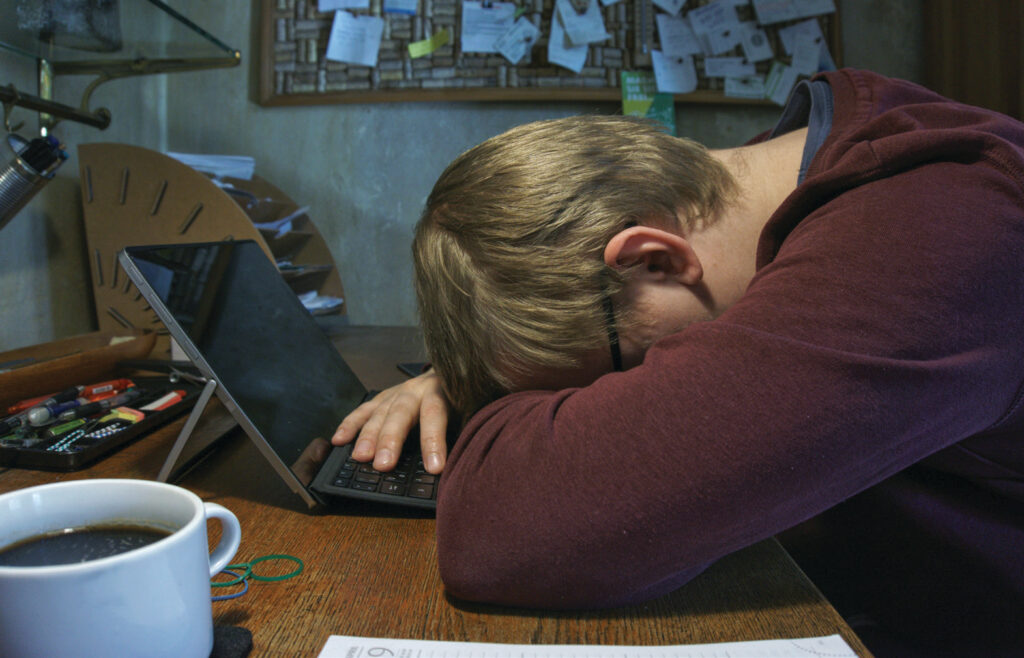 Each person only has 24 hours in a day. It’s easy to fill time with demands of others and responsibilities to family, work or friends, but when it comes down to it, life’s busyness and stress could be holding you back. Technology adds to the equation, replacing real-time human interactions with quick, sometimes terse, messages. By taking steps to find time to relax and unplug, you’re taking the first step to better care for others and opening the door to a newfound happiness.
Each person only has 24 hours in a day. It’s easy to fill time with demands of others and responsibilities to family, work or friends, but when it comes down to it, life’s busyness and stress could be holding you back. Technology adds to the equation, replacing real-time human interactions with quick, sometimes terse, messages. By taking steps to find time to relax and unplug, you’re taking the first step to better care for others and opening the door to a newfound happiness.
“The constant presence of computers, laptops, smartphones, instant-messaging, texts and emails can be all-consuming and can provide an excuse for being too busy to be human,” says Cortland Dahl, chief contemplative officer at Healthy Minds Innovations and scientist at the Center for Healthy Minds.
“People are getting lost in doing or constantly being busy as a way to measure their success,” says Katie Sandler, The Impact Coach. “Chilling out, just taking a break, goes against our programming to be going nonstop to prove their value.”
Sandler offers her clients ways to unplug. “Be present in the here and now, and be aware of your mood and surroundings,” she says. “If you feel stressed, it’s time for a break to slow down; just take a walk or sit quietly. It will be difficult at first, but the more you practice, the better you’ll feel.”
Unplugging from technology will create time to focus, identify the stressors and take a positive action.
“I call this process ‘setting the intention,’ committing to breaking the cycle of stress by taking time to formulate your thoughts and decide what you want the outcome to be,” she says. “You have the control, but you must set the intention to make the change happen.”
Sandler’s word for making time for yourself is to “steal” it. “Literally grab that time for you, which will mean taking it away from someone or something else,” she says. “At first, when you schedule that 10 minutes on Tuesdays and Fridays, you may not keep the appointments. But you’ll see it on your calendar as a reminder that you made a decision. The following week, you may switch the days or only make one of those appointments, but you’ll get closer to giving yourself this time.
“After a while, it will become a habit, and you’ll schedule other obligations around your ‘me time.’ You’ll be surprised how much better you will feel once you’ve recognized that you are important and deserve your own time each day.”

When technology can help
Technology has its benefits, particularly in accessing positive tools. Healthy Minds Innovations has researched the effects of unplugging on people’s moods and has developed a free app to lead participants through practice sessions and meditations that can help reduce stress, increase focus and put unplugging into practice.
Based on practicing various types of meditation, the app walks participants through practical ways to learn connectivity with other people, turn down the noise of life’s demands and learn to periodically unplug — except for the audio of the app.
Most of the sessions are brief, 10 to 15 minutes, and can be accomplished anywhere — at work, at home or even on the go, during a short walk or simple chore. Dahl recommends tapping into the app daily.
“Our studies have shown that when people prioritize their own well-being, they’re happier,” Dahl says. “The world will never stop giving you things to do. It’s up to you to create time to recharge your battery, take a step back or do nothing. It will revitalize you. Just give yourself permission to let go.”



